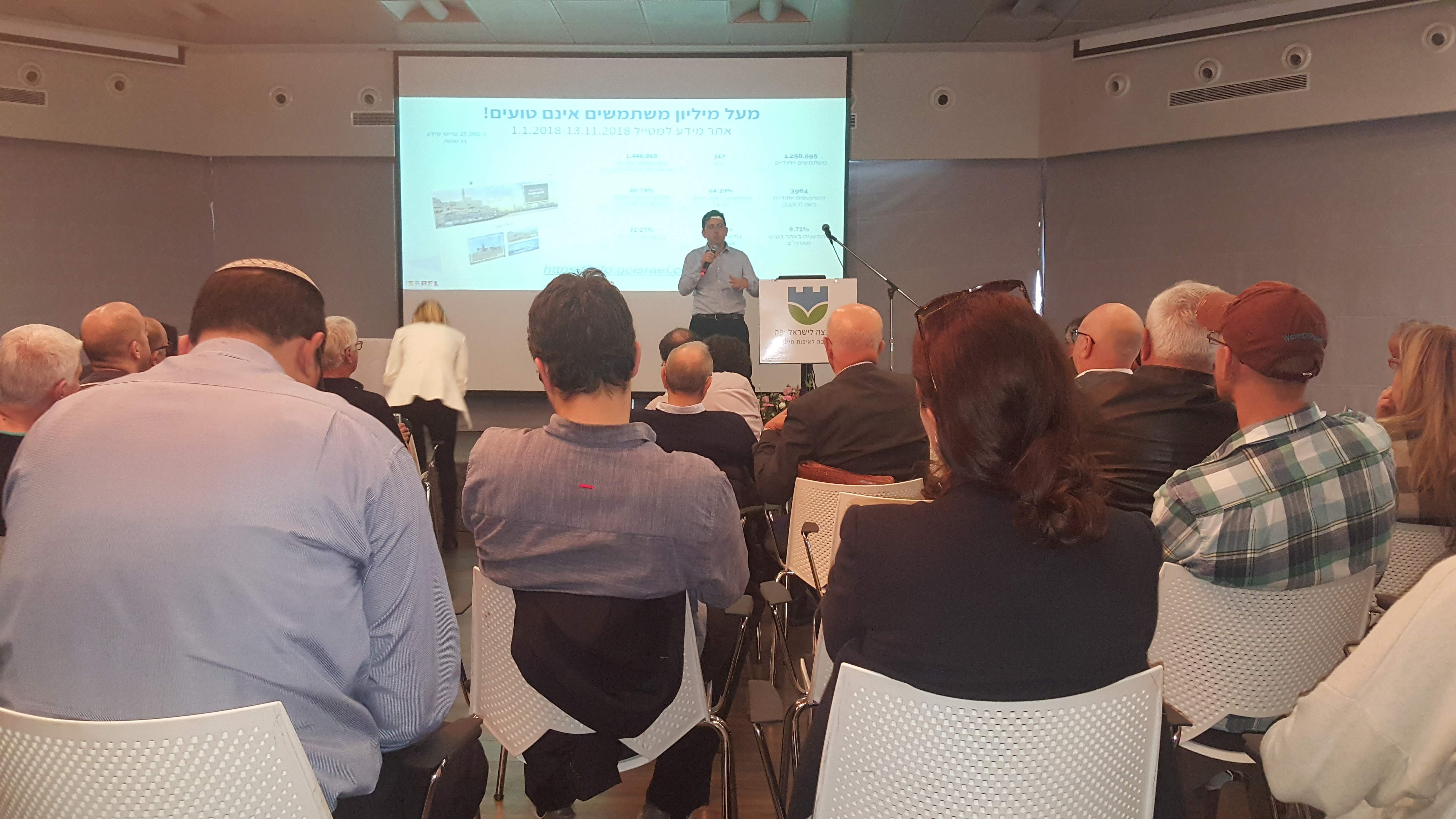In March 2018, Israel’s Prime Minister gave a rousing speech to a group of supporters in America. After touching on geopolitical issues, Benjamin Netanyahu (Bibi) quickly moved on to comment on the strength of the Israeli economy. At the 9 minute mark he said:
We made it (the economy) stronger by moving to free market principles, which unleashed a spark of genius…..
He probably would not want to be reminded that this process was started in the middle of the 1980s by his arch enemy, the late Shimon Peres. Ironical. And as finance minister 15 years later, Bibi carried the success further forward.
What is not ironical, but sure seems hypocritical, is the Prime Minister’s current handling of matters.
Before explaining, I must point out that Bibi is the PM, Foreign Minister and Defense Minister, as well as holding at least 2 other portfolios. He is not the Minister of Finance, but his influence is there to be seen.
Ostensibly, the official rate of inflation remains low in Israel, a little over 1% annually. However, the shelves of supermarkets are dominated by about ten local food manufacturers or importers, and their prices have increased significantly in recent years. Public utilities, such as the electricity company and local water authorities, are set to introduce new price hikes. The cost of bread, a staple of poorer families, is also expected to rise. And thus it comes as no surprise that the yellow-jacket symbols of Paris have now reached the streets of Tel Aviv.
Under a free market economy, the government should be saying: “Sorry, as unfortunate as this may be, there is nothing we can do”. In fact, in direct contradiction to the stirring words of the Prime Minister, the very opposite is happening. It is intervening. There will be a limited increase in the price of bread. A smaller shift in the cost of power and water is in preparation.
And how will this be paid for? Higher taxes, in all likelihood. In other words, more intervention.
The Minister of Finance, Moshe Kahlon, is a coalition partner of Bibi and they are sworn foes. The two are considered the smartest political movers in town. Kahlon has agreed to keep deferring duties on the imports of some food products. I should be grateful?
How about relaxing all duties? How about allowing the import of fruits and vegetables for those items when they are not in season in Israel? Why does a carton of Alpro soya milk cost 2.5 times as much in Jerusalem as it does in London, to give one example?
You have got to wonder just how indebted are the politicians to these strong interest groups in the economy that they lack the political will and skill to set the Israeli economy truly free?







